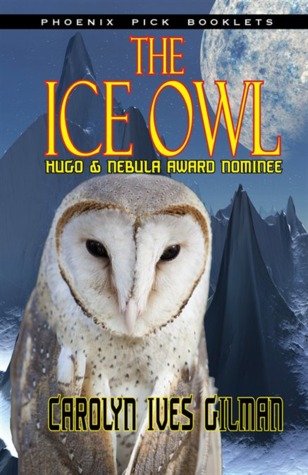 |
| The Acropolis, Athens. |
The group acknowledged that the idea of a sophisticated, flourishing society existing in Greece more than two millennia ago was a complete fiction created by a team of some two dozen historians, anthropologists, and classicists who worked nonstop between 1971 and 1974 to forge "Greek" documents and artifacts.
"Honestly, we never meant for things to go this far," said Professor Gene Haddlebury, who has offered to resign his position as chair of Hellenic Studies at Georgetown University. "We were young and trying to advance our careers, so we just started making things up: Homer, Aristotle, Socrates, Hippocrates, the lever and fulcrum, rhetoric, ethics, all the different kinds of columns—everything."
WTF?..more










